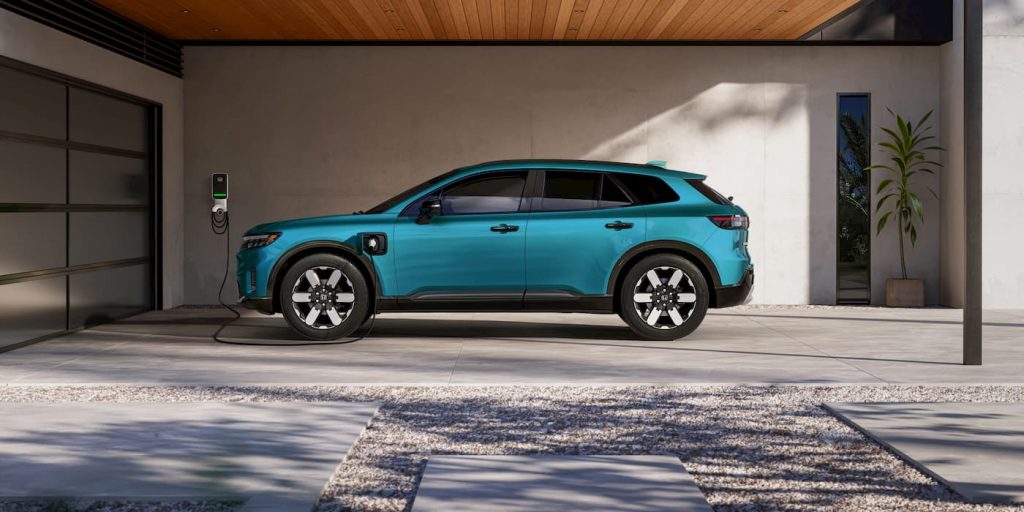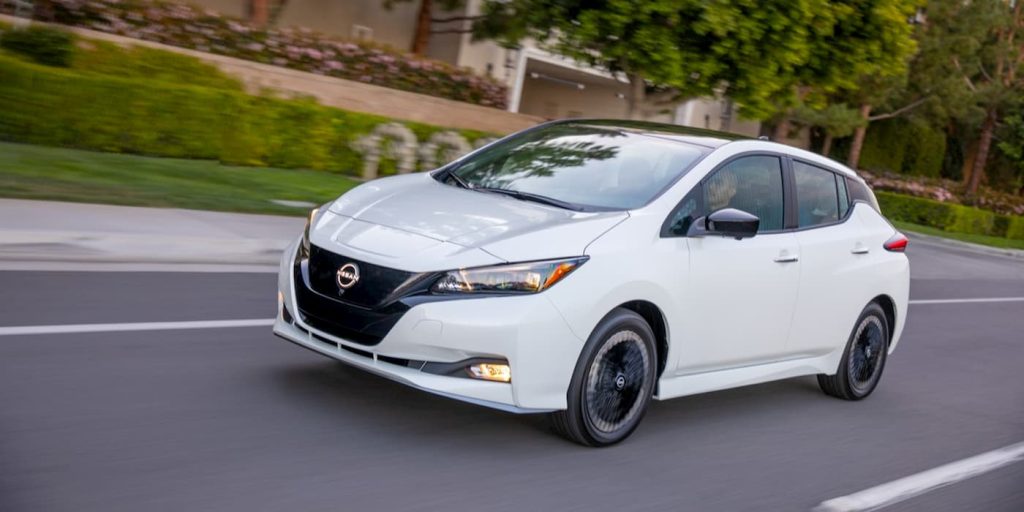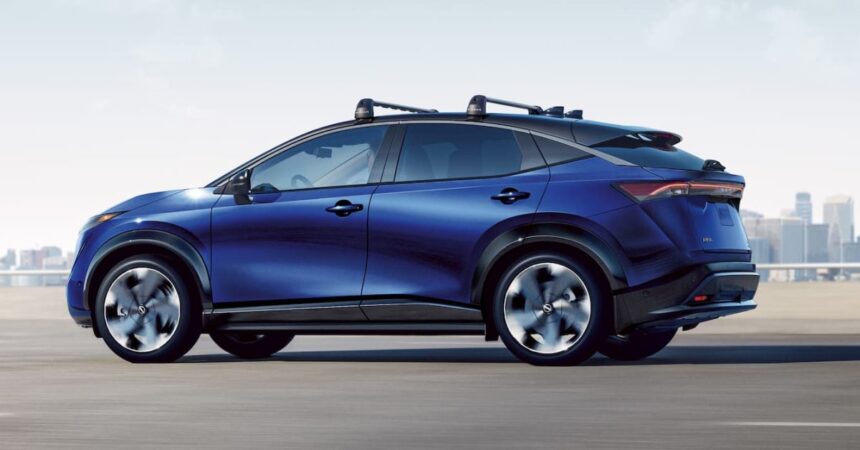It’s official. Nissan and Honda are joining forces to accelerate their electric vehicle (EV) development, seeking to regain momentum as they fall behind industry leaders such as Tesla and China’s BYD in the rapidly evolving market. Will collective efforts help turn things around?
Nissan and Honda strengthen their electric vehicle (EV) alliance to drive momentum.
Yesterday’s reports indicate that Nissan and Honda are exploring a potential partnership to develop more affordable electric vehicles (EVs).
Sources close to Nissan reportedly indicated that the company is actively exploring a potential partnership with Honda to collaborate on electric vehicle (EV) and battery technology development, with the goal of bolstering its competitiveness in this rapidly evolving market. Nissan and Honda formalized their partnership on Friday, signing a memorandum of understanding (MOU) aimed at driving innovation in electric vehicles (EVs) and software development.
Japanese auto manufacturers are poised to uncover novel software programme architectures, electrification components, and complementary technologies.
Nissan’s Chief Executive Officer, Makoto Uchida, stressed the need for a rapid pace of transformation in the mobility sector over the medium to long term. He emphasized the significance of the company’s partnership with Honda, as both entities will encounter recurring challenges that require cooperation and strategic planning.
Toshihiro Mibe, Honda’s CEO, has expressed interest in exploring the potential for combining technology and data to drive growth and potentially become industry leaders by creating new value.
As Nissan shifts focus towards a standard electric vehicle (EV) powertrain, automakers may consolidate their purchases. By pooling their resources, they could also develop a cutting-edge, jointly owned electric vehicle platform.
As the global electric vehicle (EV) landscape shifts, two major automakers find themselves playing catch-up with market leaders like Tesla and BYD, having fallen increasingly behind in the development and production of EVs. According to industry sources, the goal is to bring down electric vehicle (EV) prices to rival those of low-cost Chinese competitors.

As a result of its dominance in its home market, BYD is now expanding its reach globally. In a bold move earlier this year, Chinese automaker BYD launched a “liberation battle” against gasoline-powered vehicles, revolutionizing the electric vehicle market by setting an unprecedented price point of under $10,000, or approximately 69,800 yuan.
According to the automaker, the low costs are “effectively eroding the competitive advantage” of three-way partnership vehicles.

That features Nissan and Honda. Manufacturers in China reportedly experienced significant cuts to their production volumes following difficulties in sustaining operations. As Japanese automakers struggle to maintain their dominance in the region, they’re seeing a significant decline in market share, with this area accounting for around 10-20% of their overall online revenue.
Electrke’s Take
Japanese auto giants are reeling from the consequences of ceding ground to electric vehicle (EV) pioneers like Tesla and BYD.
After introducing its electric vehicles (EVs) in Japan just last year, BYD has already claimed a significant 20% market share of the country’s electrical vehicle imports in January alone. For the first time last year, China surpassed Japan to become the world’s top automotive exporter, as its electrified vehicle (EV) gross sales surged.
What can Nissan and Honda offer that would grab your attention? After pioneering the electric vehicle (EV) market with the launch of the LEAF in 2010, Nissan has struggled to regain its lead. After more than a decade of development, Nissan’s second mass-market electric vehicle, the Ariya, finally began production and rollout.
After a rocky start, Ariya Manufacturing is finally back on track. Nissan is poised to unveil its next-generation electric vehicles, including a highly anticipated successor to the LEAF model, as well as revamped versions of the Juke and Qashqai (branded as Rogue Sport in the US).
As Honda’s inaugural electric SUV, the Prologue begins rolling out to US dealerships this month. Primarily built upon General Motors’ Ultium architecture, the Prologue offers an estimated driving range of up to 296 miles.
Reports suggest Nissan may be in discussions with Fisker to invest in the electric vehicle (EV) startup, which is facing financial difficulties. The proposed partnership has the potential to incorporate an innovative electrical pickup feature.
Will Nissan further invest in Fisker following its alliance with Honda on the same venture? Fisker has cast significant doubt on its ability to continue operating without major intervention. The troubles worsened when Fisker reportedly hired a consulting firm to explore options for filing for bankruptcy.
Fisker declined to comment on market speculation, but noted that it typically collaborates with external experts to guide its business strategy. Notably, the company reaffirmed its objective of forging a strategic partnership with a major automotive manufacturer.
May it nonetheless be Nissan? Please provide the original text you’d like me to improve in a different style as a professional editor. I’ll respond with the revised text directly. We’ll likely uncover more details soon, so let’s double-check further.











